30" dual fuel versus gas range
dizadncr
9 years ago
Featured Answer
Comments (6)
hvtech42
9 years agolast modified: 9 years agoRelated Professionals
Beavercreek Kitchen & Bathroom Designers · Hemet Kitchen & Bathroom Designers · Mount Prospect Kitchen & Bathroom Designers · Schaumburg Kitchen & Bathroom Designers · Glade Hill Kitchen & Bathroom Remodelers · 93927 Kitchen & Bathroom Remodelers · Rancho Cordova Kitchen & Bathroom Remodelers · Vancouver Kitchen & Bathroom Remodelers · Shaker Heights Kitchen & Bathroom Remodelers · Plant City Kitchen & Bathroom Remodelers · Bonita Cabinets & Cabinetry · Daly City Cabinets & Cabinetry · Fort Lauderdale Cabinets & Cabinetry · Holt Cabinets & Cabinetry · Saugus Cabinets & Cabinetryjulieste
9 years agolast modified: 9 years agojwvideo
9 years agolast modified: 9 years agohvtech42
9 years agolast modified: 9 years agodizadncr
9 years agolast modified: 9 years ago
Related Stories
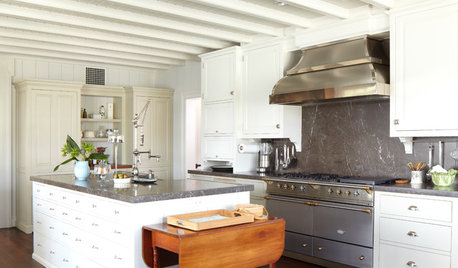
KITCHEN DESIGNHow to Find the Right Range for Your Kitchen
Range style is mostly a matter of personal taste. This full course of possibilities can help you find the right appliance to match yours
Full Story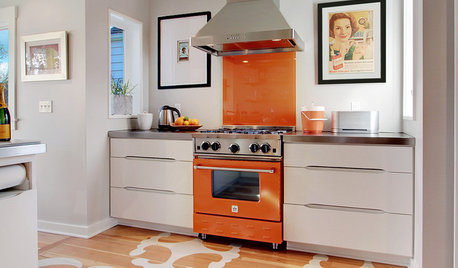
HOUSEKEEPINGHow to Clean Your Range and Oven
Experts serve up advice on caring for these kitchen appliances, which work extra hard during the holidays
Full Story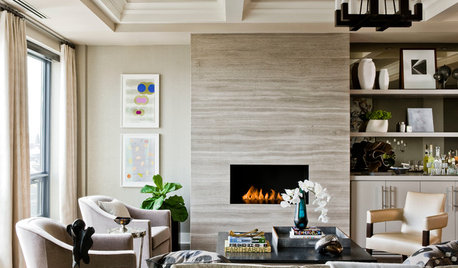
LIVING ROOMSHow to Convert Your Wood-Burning Fireplace
Learn about inserts and other options for switching your fireplace from wood to gas or electric
Full Story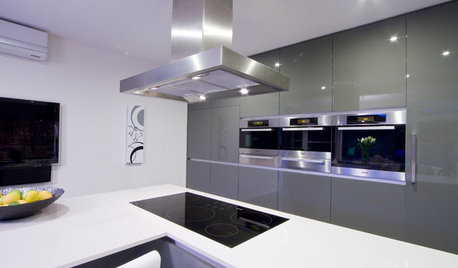
KITCHEN APPLIANCESFind the Right Cooktop for Your Kitchen
For a kitchen setup with sizzle, deciding between gas and electric is only the first hurdle. This guide can help
Full Story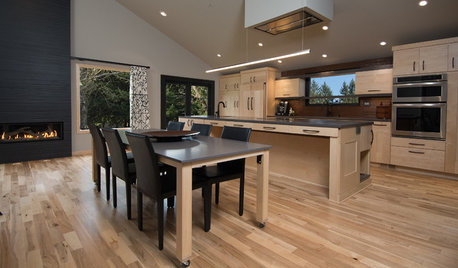
KITCHEN DESIGNKitchen of the Week: A Handy Rollout Dining Table Adds Flexibility
The dual-use eating surface is just one of the smart design features in this renovated Oregon kitchen
Full Story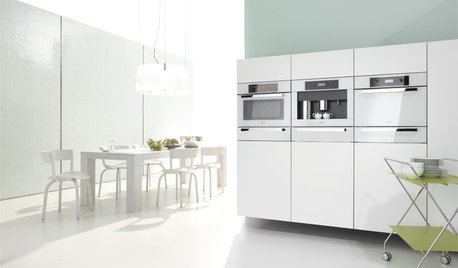
KITCHEN DESIGNWhite Appliances Find the Limelight
White is becoming a clear star across a broad range of kitchen styles and with all manner of appliances
Full Story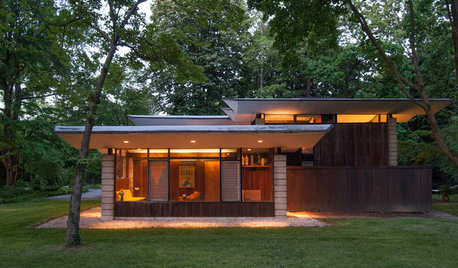
HEALTHY HOMEWhat's the Deal With Radon?
Get the facts on testing for this cancer-causing gas — and how to make your home safe if it shows up
Full Story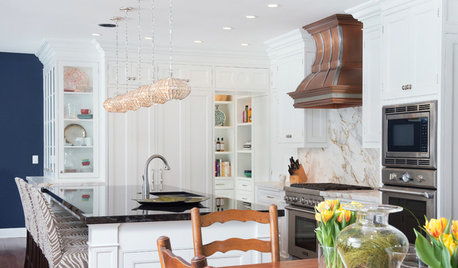
KITCHEN DESIGNWhat to Know When Choosing a Range Hood
Find out the types of kitchen range hoods available and the options for customized units
Full Story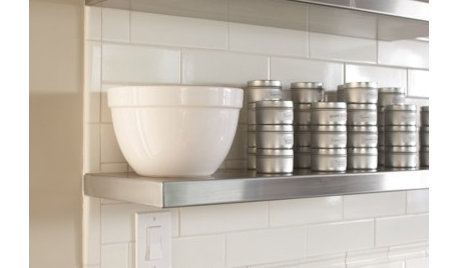
KITCHEN DESIGNHow Much Does a Kitchen Makeover Cost?
See what upgrades you can expect in 3 budget ranges, from basic swap-outs to full-on overhauls
Full Story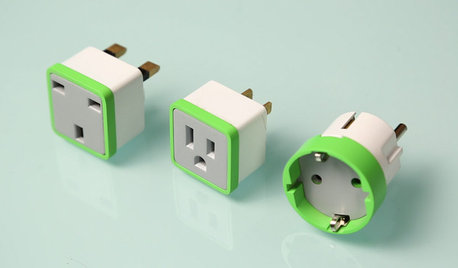
HOME TECHPlug Into Home Power Monitors That Pay for Themselves
Stop throwing away money on wasted electricity with help from new monitors that work with your phone or computer
Full StoryMore Discussions








wekick